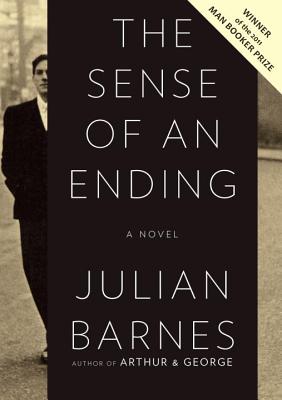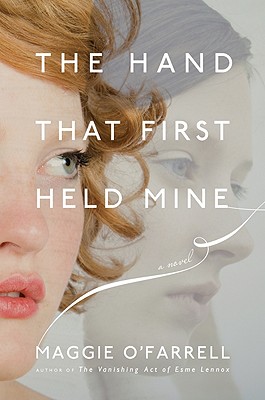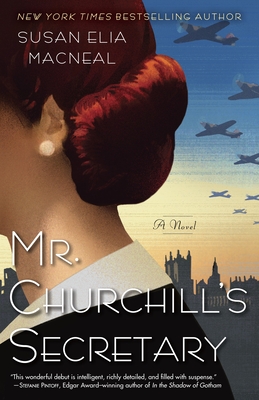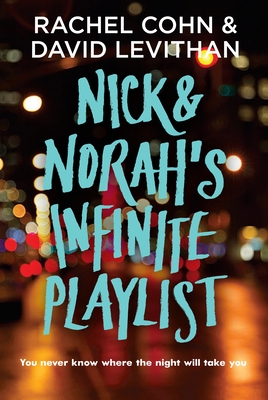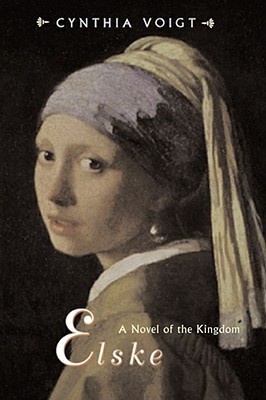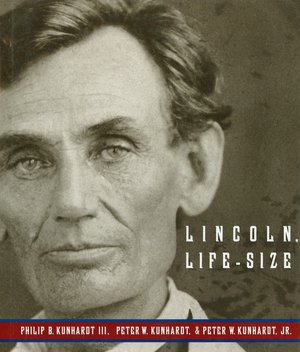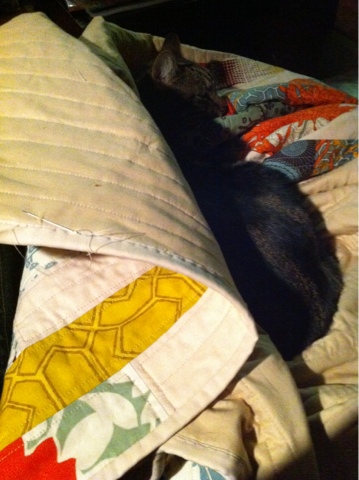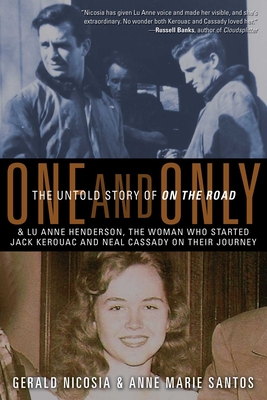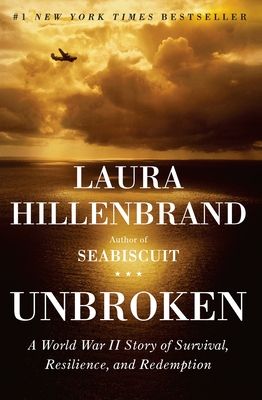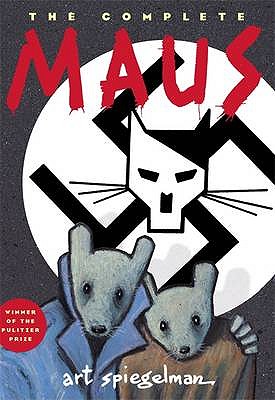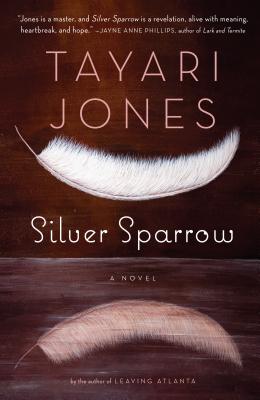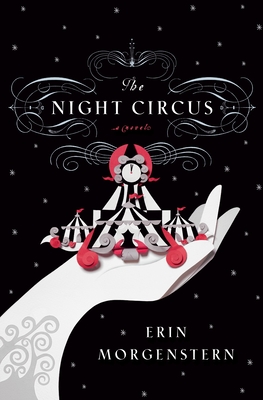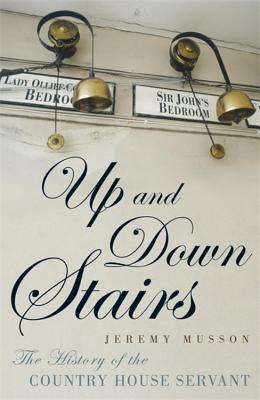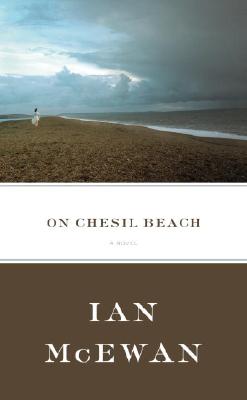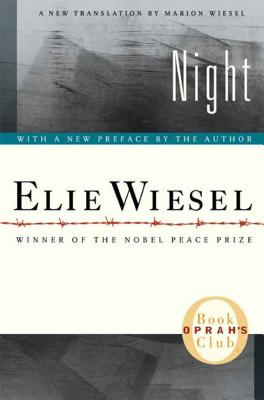Historically, I seem to get a good amount of reading done in the beginning of the year, possibly because December is usually quite the reverse. I'm not huge on New Year's Resolutions but I do like goals, so I'm sure that jumping into a new set of goals boosts my motivation.
I've continued with my new goal to alternate books I read for an obligation, and those I read for fun. (What constitutes "obligation" is entirely up to interpretation, but mostly consists of ARCs, book club books, and recently the Indie Lit Awards short list.) Last year I got to feeling like all of my reads were obligatory, which was a direct contrast to the years before that in which my reading was entirely driven by my mood. In both extremes, I found myself in reading slumps--dissatisfied and bored. This year has been a good balance so far, keeping my motivation and anticipation up.
I'm looking forward to being able to talk about the Indie Lit Awards short list soon! The winners will be announced in a couple of weeks, at which time I'll be able to opinionize all I like.
12 Books Read in February: (23 year-to-date)
1 Read-Aloud for my kiddos:
- The Birchbark House, Louise Erdrich (3.5)
1 for Book Club:
- Extremely Loud and Incredibly Close, Jonathan Safran Foer (4ish) (see my review)
2 for the Indie Lit Awards Short List:
- Cross Currents, John Shors
- Dance Lessons, Aine Greaney
8 others:
- The Invention of Hugo Cabret, Brian Selznick (4) (see my review)
- The Song of the Lark, Willa Cather (5) (see my review)
- 1776, David McCullough (3.5)
- Night, Elie Weisel (4.5)
- 11/22/63, Stephen King (4.5)
- The Complete Stories of Flannery O'Connor (4)
- Love and Summer, William Trevor (4)
- The Frozen Thames, Helen Humphreys (4)
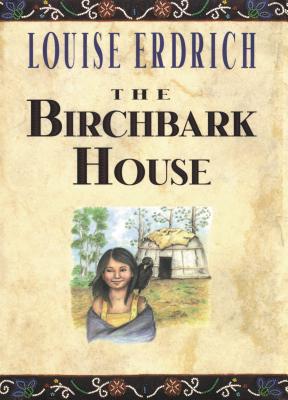
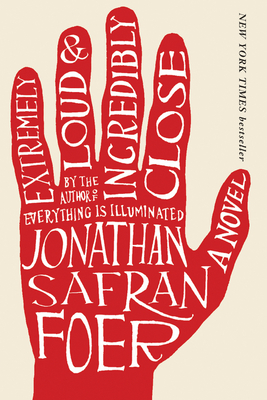

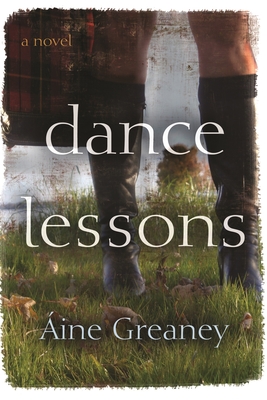
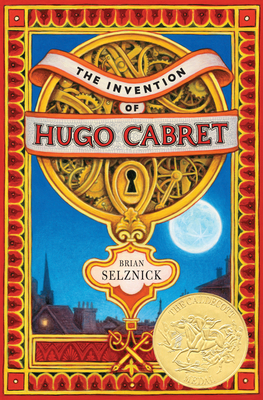

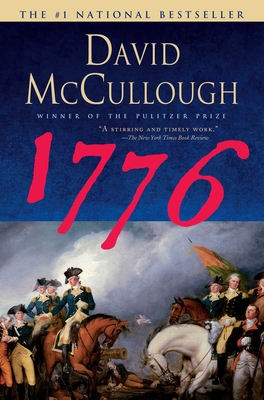
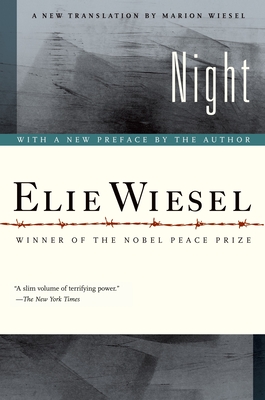



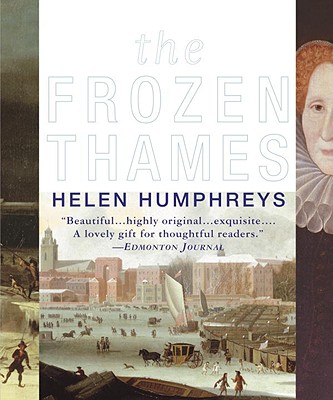
Challenges: (10 year-to-date)
This month I read 6 books of 51 for my various year-long challenges:
- Willa Cather: The Song of the Lark (3 more to go)
- TBR shelf: 1776 (8 more to go)
- Wishlist: Extremely Loud and Incredibly Close (10 more to go)
- Back to the Classics: Night & The Song of the Lark (6 more to go)
- Short Stories: Flannery O'Connor (2 more to go)
2 Current Reads:
- The Odd Clauses, Jay Wexler. An ARC from LibraryThing, this one isn't long but I'm having a hard time making myself sit down and engage. I'll be done with it this weekend, one way or another.
- Martin Dressler: The Tale of an American Dreamer, Steven Millhauser. Feeling the need to read a Pulitzer combined with the desire to read something turn-of-the-century-ish...this seemed to fit those requirements, though I don't know anything else about it.
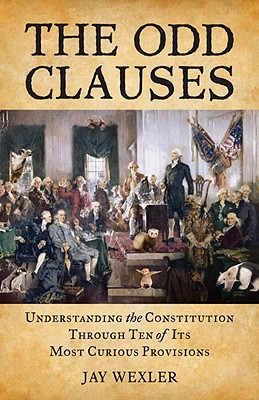
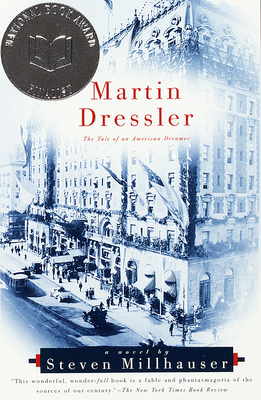
On My Nightstand:
I'm still eager to read The Hand That First Held mine, since I didn't get to that this month, and there are a few others calling to me as well:
- Heat Lightning, Helen Hull
- The Sense of an Ending, Julian Barnes
- The Hand That First Held Mine, Maggie O'Farrell
- Mr. Churchill's Secretary, Susan Ella MacNeal (ARC from LibraryThing)
